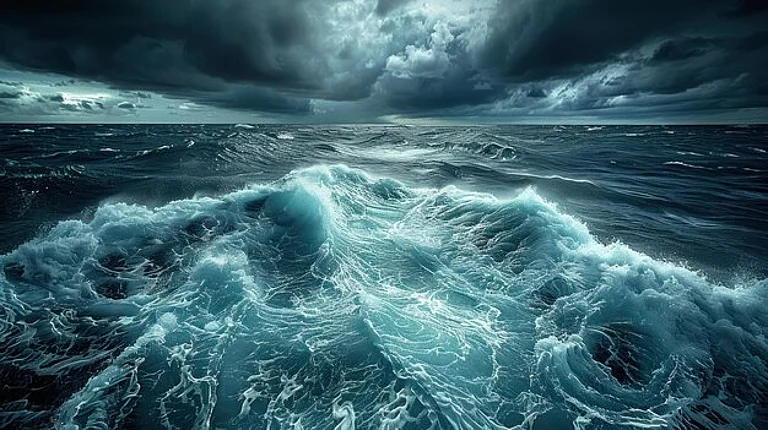Greenland’s glaciers which have about 80% of ice covering them, have reported recent mass loss by as much as 20%, according to a study published in the journal Nature.
This rapid melting not only affects the 56,000 people living there, but also globally, as it affects rising sea levels and the balance of the planet’s climate systems.
According to Phys.org, over 90% of the extra heat trapped in the atmosphere by greenhouse gases is accelerating the heating of oceans.
The UN’s IPCC climate expert panel stated that the rate of ocean warming—and therefore its heat uptake—has more than doubled since 1993. Marine heatwaves have very likely doubled in frequency since 1982 and are increasing in intensity. This in turn can make storms more violent by feeding them with heat and evaporated water. The warming can be lethal for marine life, especially corals and seagrass beds, which are unable to migrate.
According to another study published in the journal Advances in Atmospheric Sciences, average sea surface temperatures reached an all-time high in 2024, surpassed records of 2023.
Despite a respite at the start of 2025, temperatures continued to soar to historic highs, according to data from the European Union's Copernicus climate monitor.
The Mediterranean has set a new temperature record in each of the past three years and is one of the basins most affected, along with the North Atlantic and Arctic oceans, said Thibault Guinaldo, of France's CEMS research center.
For corals, between 70% and 90% are expected to be lost this century if the world reaches 1.5 degrees Celsius (2.7 degrees Fahrenheit) of warming compared to pre-industrial levels, reported Phys.org.
Scientists expect that threshold—the more ambitious goal of the Paris climate deal—to be breached in the early 2030s or even before, according to AFP.
Arctic Warming Intensifies Meltdown
A 2025 study published in the journal Nature Communications predicted that Greenland’s ice loss could contribute about 79–167 mm of sea-level rise by 2100, 30% to 60% of which comes from iceberg calving at marine-terminating glaciers.
Meanwhile, Greenland, part of the rapidly warming Arctic region, is experiencing some of the most dramatic ice loss on the planet. NASA reported that the Arctic is already warming nearly two to four times faster than the global average — a trend that is intensifying glacier retreat across the region.




























